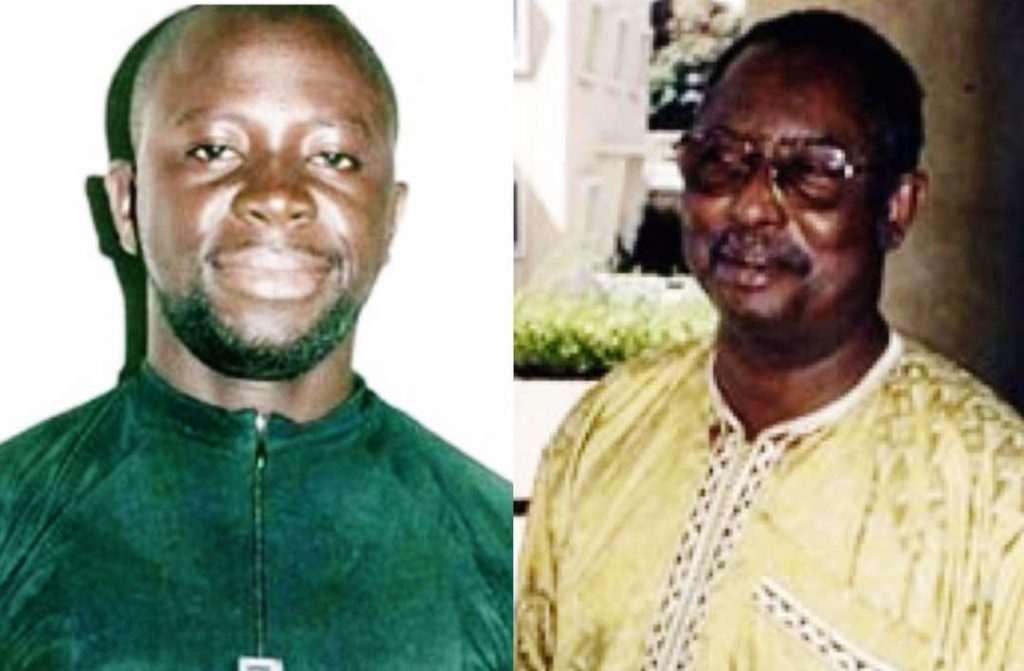
An apology is a lovely perfume: it can transform the clumsiest moment into a gracious gift. The members of the new leadership of the Alliance for Patriotic Reorientation and Construction (APRC) party are not suffering from historical amnesia, the political party and its executive leadership should apologize for the horrors of the twenty-two years of brutal dictatorship and atrocities committed during its rule, such a gesture would have a wonderfully cleansing effect and then move on towards healing of a divided nation and consolidating new Gambia’s democracy.
Describing why an apology would be a clever idea, for example citing the precedents set by Willy Brandt, the Social Democrat Chancellor of Germany, and Canadian Prime Minister Justin Trudeau by tendering apologies to Poland and India respectively after painful atrocities endured under occupation.
The APRC leadership refusal to apologise for former President Yahya Jammeh’s past wrongful practices such as human rights atrocities and economic mismanagement seem evidently unjust. It is surprising, then, that some ethical considerations appear to support such stances.
An apology would be a very good idea. Some might say, “Well look, you know this happened by President Jammeh and his thugs, why apologise? But I’ll point to Willy Brandt, the Social Democrat Chancellor of Germany, going on his knees in the Warsaw ghetto in apology to Poland even though he as a Social Democrat was innocent of all Nazi wrongdoings.
I point to Justin Trudeau, the Prime Minister of Canada, who apologized in the Canadian parliament to the Indian people for an incident in which the Canadians had turned away a ship laden with Indian refugees who then met a terrible fate at the hands of the British, as well as on the high seas. They didn’t directly kill anybody and yet they felt there was an apology due.
APRC should apologised.
An apology and forgiveness are asymmetrical because an apology is based on respect, a perfect duty, and can be a public act, whereas forgiveness is based on love, is an imperfect duty, and is a personal undertaking.
It follows from this asymmetry that an apology is a prerequisite for reconciliation, but forgiveness is discretionary. I contend that the new leadership of the APRC be obligated to apologise for past injustices because they are responsible for them and that official apologies should involve a corresponding expectation for forgiveness.
Forgiveness doesn’t mean excusing unacceptable behavior; it is about healing the memory of the harm, not erasing it. When you forgive, you don’t change the past, but you can change the future by taking control of your destructive feelings instead of letting them control you and creating a new way of remembering.
APRC should apologised. It would really be a tremendous gesture and would have a wonderfully cleansing effect. So yes, I think an apology would help.
By Alagi Yorro Jallow











Recent Comments